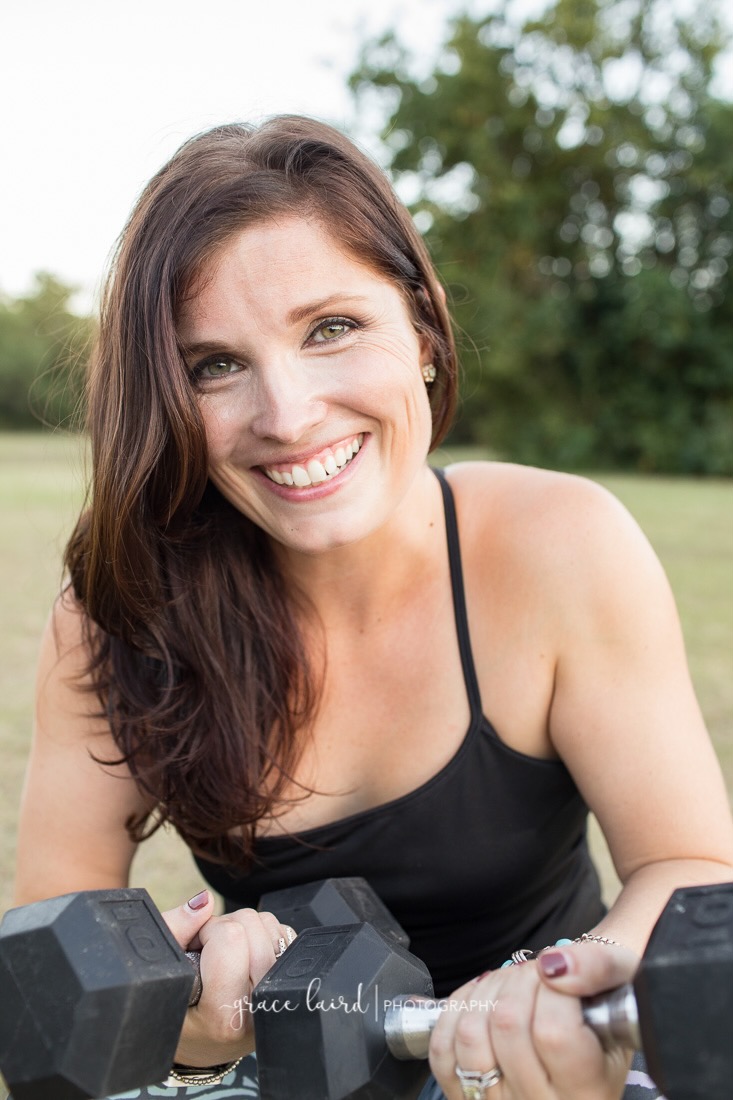Why You Should Monitor Burnout In Your Kids

Gone are the days when children could ride their bikes and play with the neighbors till dusk on a school night; now their days are full of piano lessons and practice.
Most parents have the best intentions and want nothing more than to give kids a childhood filled with enriching activities, so they tend to fill their kids’ schedules. But when is it too much? Where do we draw the line and let our kids be kids?
Alvin Rosenfeld, a psychiatrist and author of “The Overscheduled Child,” wrote that by forcing so much “extra” into children’s lives, we’ve “professionalized” childhood. Rosenfeld says our children are “passive and pressured” as a result of too much on the calendar.
“By the time (kids) reach high school, they are bored and burned out,” Rosenfeld says in his book. “And it’s because their parents have the well-meaning idea that the right way to parent is to overschedule them, with hopes of keeping them busy, active and out of trouble.”
Burnout symptoms are showing up in school with slipping grades and at home with more moodiness and sharp tempers. In a Cleveland Clinic article, one pediatrician says overscheduled kids usually don’t eat or sleep well nor do they make friends properly.
In a New York Times article, clinical psychologist and author Michael Thompson says though there’s a fine line between highly enriching, growth-promoting, after-school activities and too much, nobody actually knows where the line is. Rosenfeld agrees.
“Enrichment activities are perfect; they add a lot to kids’ lives,” Rosenfeld says in the article. “The problem is, we’ve lost the ability to balance them with downtime, boring time.”

The Parents
An overscheduled child starts with the parents. According to Rosenfeld, “parenting (is) the most competitive adult sport” and parents must examine the motivation behind the extracurriculars in question. Does the child really want to play soccer or learn the violin, or does the parent want them to? Essentially, it’s about control and status.
Clinical psychologist Jeff Baldridge says being busy is often associated with importance, giftedness or being chosen. Often, Baldridge sees anxious parents who are overbooked and they assume kids can handle a similar schedule.
“But they are children,” Baldridge says in an article. “They are not little adults.”
According to Thompson, highly successful parents who then try to control their children are also a major part of the problem. This leads parents to make choices about extracurricular activities from a place of anxiety rather than an interest in their children’s well-being.
Polly Young-Eisendrath, a clinical psychologist and the author of “The Self-Esteem Trap,” says the problem is with parents who are overly involved in their children’s lives.
“All these lessons and classes are about parents competing with other parents,” Young-Eisdendrath says in a NY Times article. “Children need that time to lie around, play more freely and have periods when they are side-by-side with their parents in the same room, being ‘alone together.’”
Control The Chaos
With too many places to be and not enough time to do it, experts say after deciding what activities are truly important to the child, scheduling family time at home with nothing on the calendar is the perfect way to add balance to the home. It’s not about the number of activities; it’s about how much they enjoy it.
By demonstrating strong time management skills, parents can take back control of the calendar and even get time back. Cross out a few things that are optional in lieu of more home time and say no. Take that time to plan quick, easy, nutritious meals at home for your athletes so less time is spent at fast food drive-thrus. Develop a colored-coded system for each family member and see where the time is spent. Don’t negotiate bedtime.
Extracurriculars are really just that, “extra” – extra enrichment, joy and fun outside the home. But showing kids the soul-warming value of a great, lifelong passion is the true parenting moment.
About the Author

Emma Aguirre’s training career began with spinning almost 20 years ago in a small women-only gym in South Texas. After a career in journalism, Aguirre switched to fitness full time, certifying in Practical Pilates, TRX and Jillian Micheals BodyShred program. She’s also qualified as an AFAA Group Fitness professional and holds several personal trainer certificates as well as Precision Nutrition’s Level 1 certification. She’s currently becoming certified as an International Sports Sciences Association master trainer and spends her days coaching clients online as a Personal Health Advisor at Austin’s Wellthy Soul.






